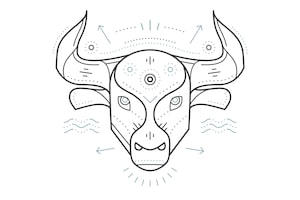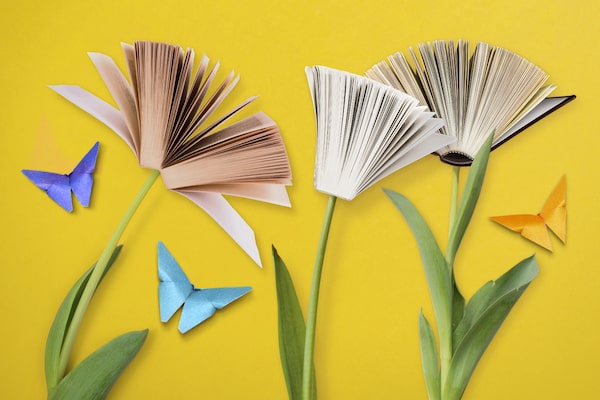
iStock, unsplash/The Globe and Mail
Spring has sprung – or is about to – and reliably with it, forsythia, narcissi and a shiny new crop of books, a small sampling of which are described below.
In fiction, there are novels by big-name Canadians (Emily St John Mandel, Shyam Selvadurai, Guy Gavriel Kay) and international writers (Jennifer Egan, Patrick McCabe, Douglas Stuart), as well as a promising newcomer (Jasmine Sealy), short stories and poetry.
One of two novels in translation by Ukrainians, Grey Bees by Andrey Kurkov, takes place amidst the unrest in Donetsk and Luhansk, and thus sheds an intimate fictional light on the horrors currently taking place in that country.
The sprawling category we call non-fiction continues to hold a mirror to contemporary interests and anxieties through works on parenthood, chronic illness, the climate crisis, pandemics and race.
FICTION
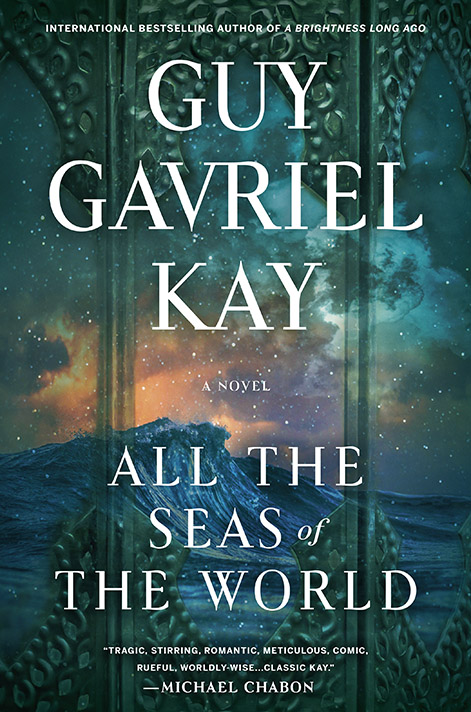
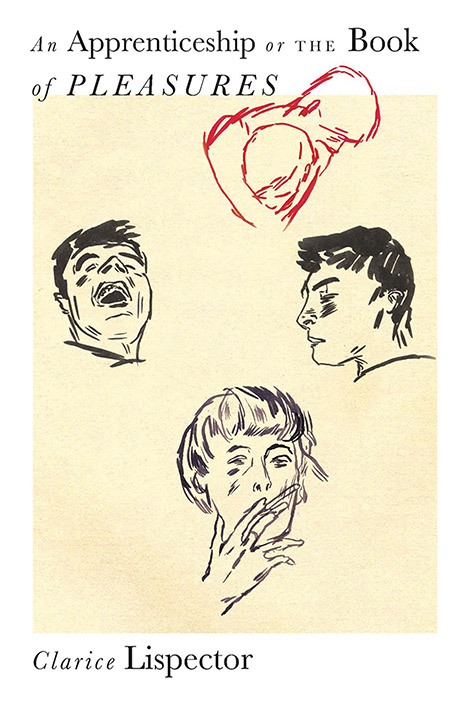
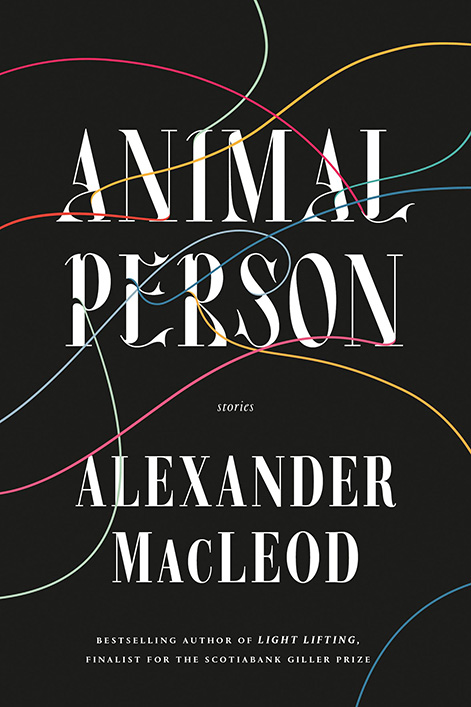
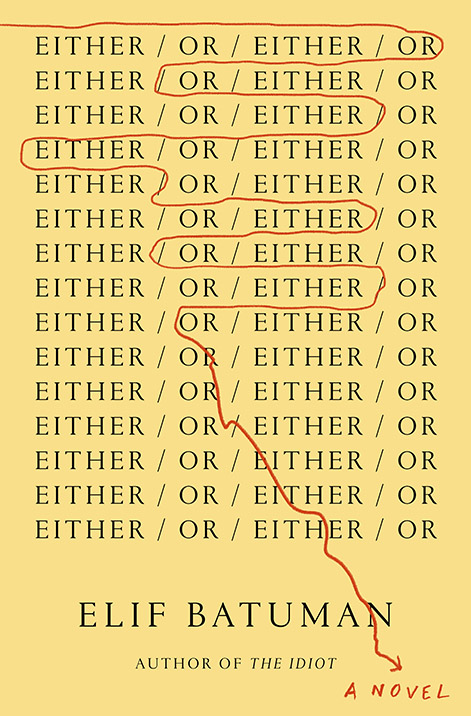
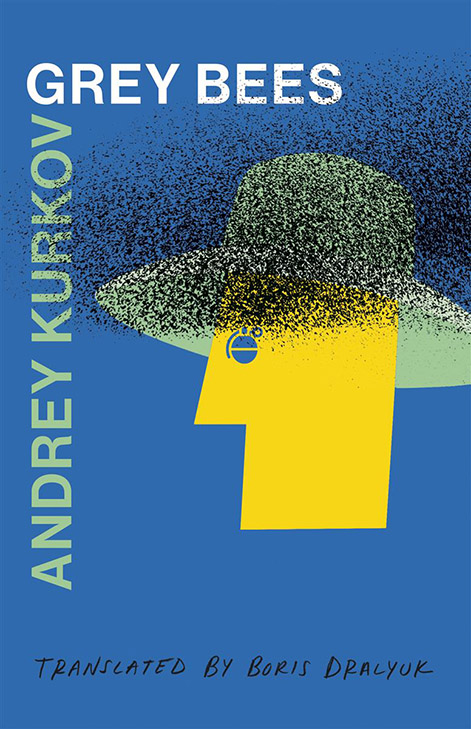
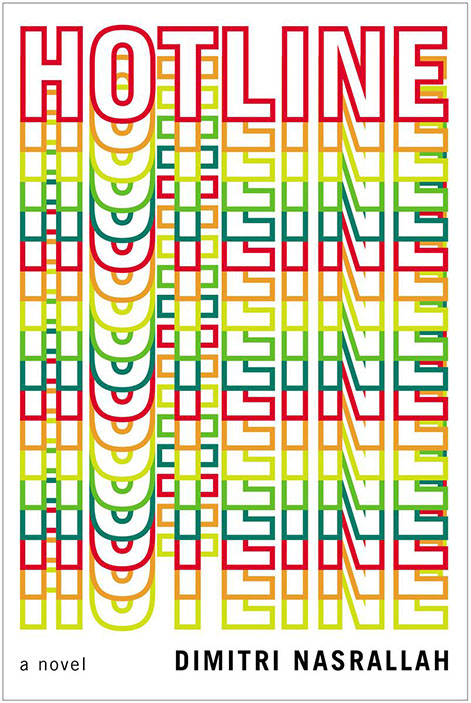
All the Seas of the World, Guy Gavriel Kay (Viking, May)
The prolific writer’s latest, another sweeping, butterfly-effect epic set in a familiar-yet-not, Renaissance-adjacent world, begins intriguingly on a moonlit bay, where a pair of hired assassins lie in wait for their targets. If all goes according to plan, the successful offing will result in nothing less than a change of empires.
An Apprenticeship or the Book of Pleasures, Clarice Lispector (New Directions, April)
The English reading public’s embrace of the late, Ukrainian-born Jewish Brazilian writer has been one of the literary stories of the current millennium. Originally published in 1968, this newly translated short novel, about an angst-ridden schoolteacher brought out of her shell by a philosophy prof named Ulisses, comes with an afterword by Sheila Heti.
Animal Person, Alexander MacLeod (McClelland & Stewart, April)
The O. Henry Prize-winning lead story in MacLeod’s latest collection, Lagomorph, about a man whose unlikely relationship with his pet rabbit endures even as his marriage crumbles, establishes the mood – unsettled, yet grounded in the human – of the seven tales that follow it.
Either/Or, Elif Batuman (Penguin Press, May)
Batuman’s wry, brainy prose, and her books’ confident formlessness, have made her one of the more distinctive fictional voices of recent years. Here she continues the semi-autobiographical 1990s-set tale she began in The Idiot with her protagonist, Selin, a Turkish-American linguistics major (the title is borrowed from Kierkegaard), and now aspiring novelist, returning from Hungary to Harvard after a year’s absence.
Grey Bees, Andrey Kurkov (Deep Vellum Publishing, April)
In this timely translation of a novel by one of Ukraine’s best-known writers, a disabled pensioner and devoted beekeeper, weary of his lonely, hand-to-mouth existence in the war-torn Donbas Region, where bombardments provide a daily soundtrack, undertakes a risky move to Crimea, where he finds unexpected connection with a Russian colleague. It’s impossible not to feel a pang reading Kurkov’s statement, in his 2020 foreword, that “The world has largely forgotten about Ukraine and its war.”
Hotline, Dimitri Nasrallah (Véhicule, March)
Nasrallah’s latest novel, inspired by his mother’s experiences after her (and his) arrival in Montreal from civil-war-torn Lebanon in the 1980s, centres on Muna Heddad, an unemployed French teacher who takes a job answering phones for a weight-loss clinic and, in so doing, becomes privy to her callers’ most intimate secrets.
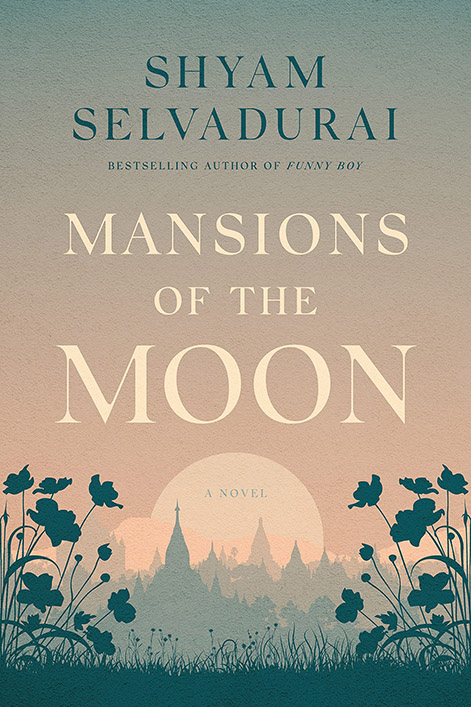
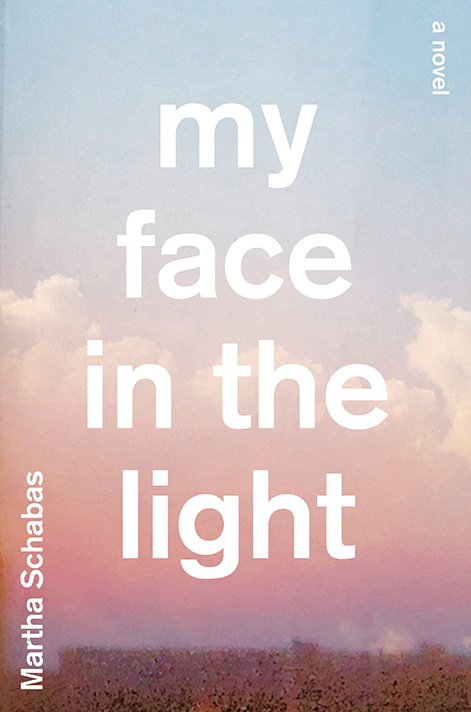
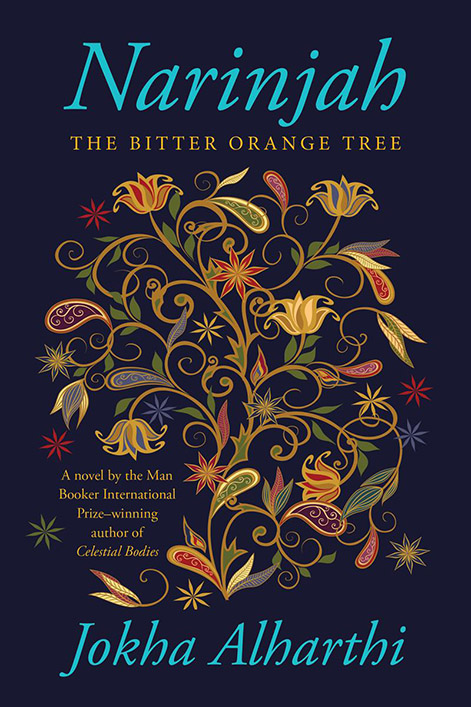
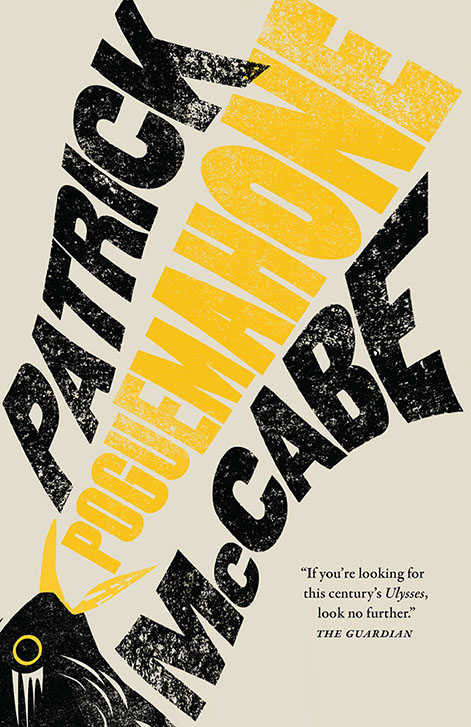
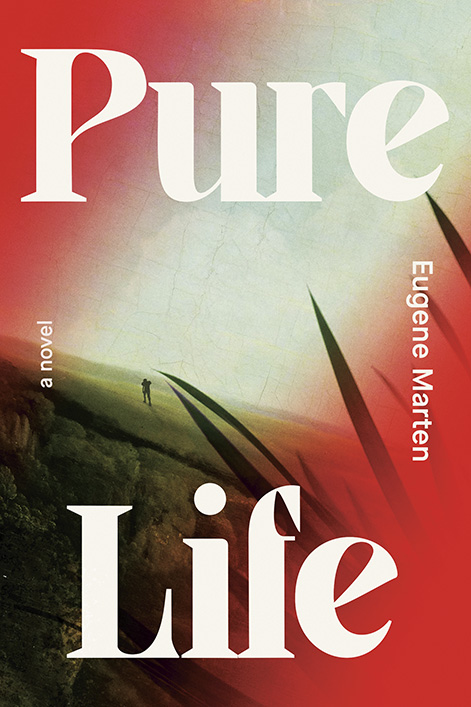
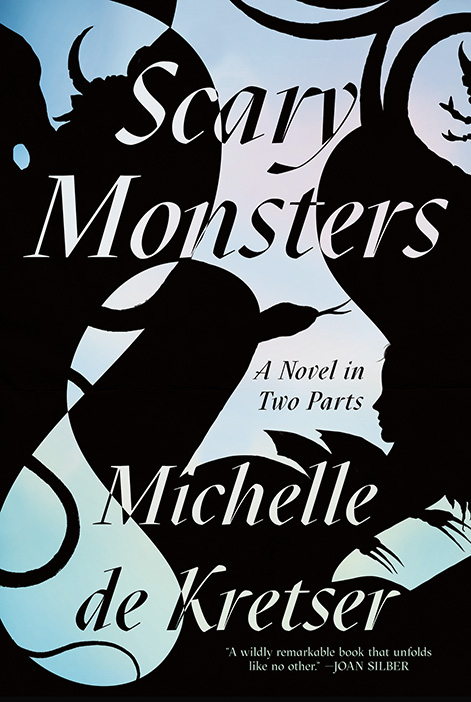
Mansions of the Moon, Shyam Selvadurai (Knopf, May)
Celebrity will put a strain on any couple, no less so if one of your pair happens to be the Buddha. The Funny Boy author here imagines the life of a young, pre-enlightenment Siddhartha Gautama, and the deleterious effect his spiritual calling ends up having on his marriage to the intelligent, high-born Yasodhara.
My Face in the Light, Martha Schabas (Knopf, April)
“My mother is an artist and I am a liar. Or, if I scratch the surface, my mother is a sick woman and I am an actress.” The opening lines of this sophomore novel set the tone for a story about an actress’s fraught relationship with her artist mother, and about scars visible and invisible, by the dance critic and author of Various Positions.
Narinjah: The Bitter Orange Tree, Jokha Alharthi (Anansi, May)
Alharthi, the first woman from Oman to have a novel translated into English, won the International Man Booker Prize for her first novel, Celestial Bodies. Described by the publisher as “a profound exploration of social status, wealth, desire and female agency,” this latest follows a young Omani student attempting to make her way in contemporary Britain
Poguemahone, Patrick McCabe (Biblioasis, May)
The Irish writer, twice a Booker bridesmaid for novels including The Butcher Boy, takes an audacious stylistic turn with this 600-page novel-cum-snowballing-free-verse-monologue by an Irishman caring for his 70-year-old dementia-afflicted sister in England, which the Guardian has boldly declared this century’s Ulysses.
Pure Life, Eugene Marten (Strange Light, May)
The traditional sports saga meets Heart of Darkness in this dark thriller by Winnipeg-born, Cleveland-based Marten about a pro football player – known throughout only as his number, Nineteen – who, with his successes well behind him, travels to Honduras’s Mosquito Coast to pursue an experimental treatment for the neurological damage he suffered from years on the gridiron.
Scary Monsters, Michelle de Kretser (Catapult, April)
The Sri-Lankan-Australian novelist, reliable purveyor of sublime prose, has written two tales under two separate covers, both about Asian immigrants in Australia – one set in the sunny eighties, the other in a darker, not-so-distant future – so the reader must choose which to read first before flipping the book upside down and starting again. It seems safe to say that, in de Kretser’s hands, this is no mere choose-your-own-adventure gimmick.
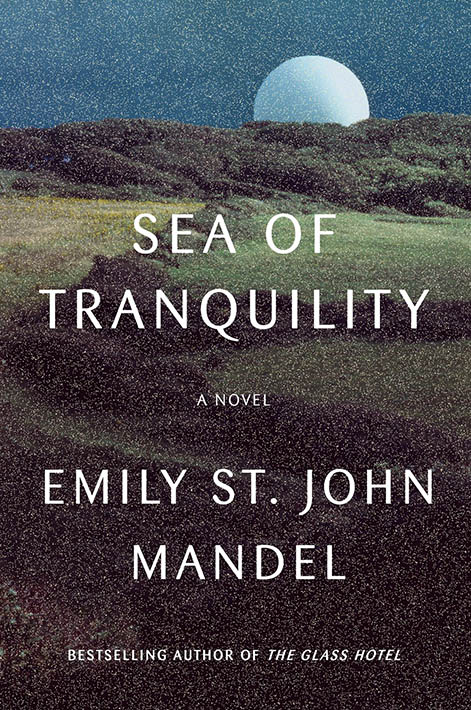
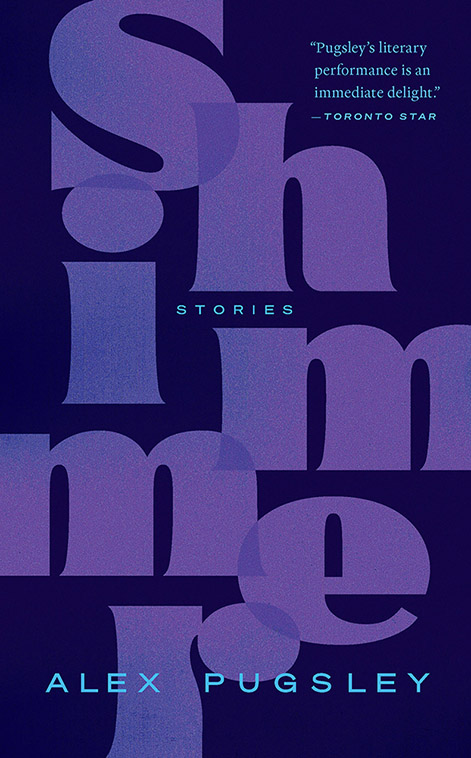
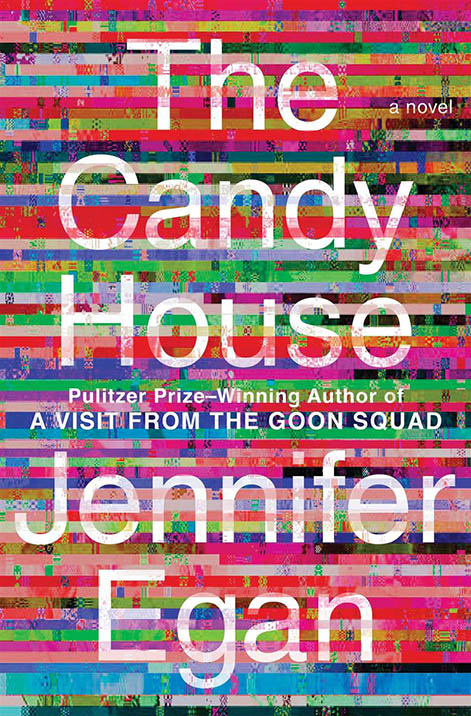
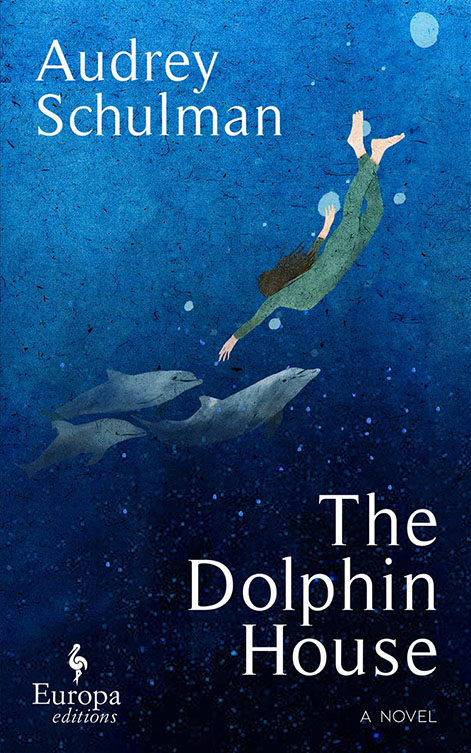
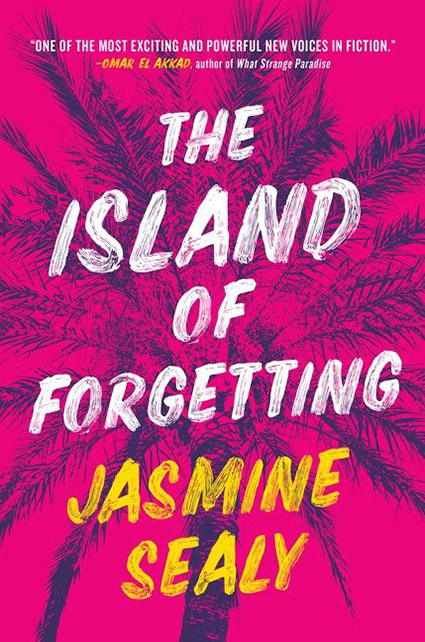
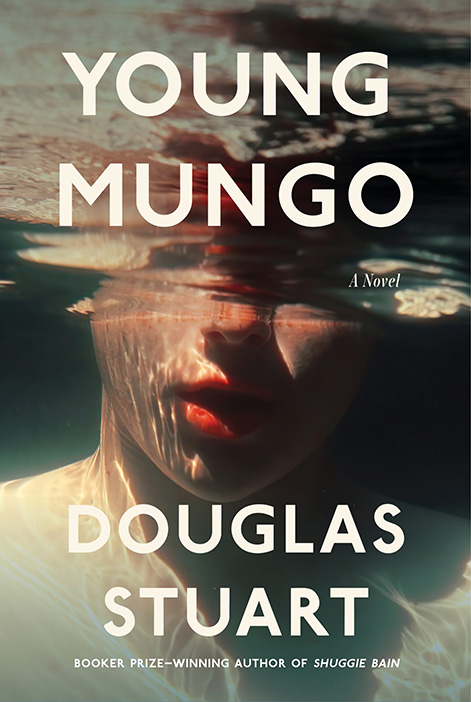
Sea of Tranquility, Emily St John Mandel (HarperCollins, April)
In a plot about the uncanny, shared experiences of three people separated by time and space (in the latter case, quite literally: one lives on a future lunar colony) that brings in characters and threads from her most recent novel, The Glass Hotel, and the pandemic-themed Station Eleven (now a hit HBO series), St John Mandel, never short on ambition, probes the nature of reality.
Shimmer, Alex Pugsley (Biblioasis, May)
Dialogue, character study and a fair dose of profanity star in the latest collection of short stories by the Halifax writer whose previous work has elicited comparisons to Robertson Davies and John Irving.
The Candy House, Jennifer Egan (Scribner, April)
Egan’s “sibling novel” to her Pulitzer Prize-winning A Visit from the Goon Squad, re-introduces Bix Bouton, who’s not, as those unfamiliar with him might presume, a jazz cornetist, but an uber-wealthy tech magnate who’s figured out – someone had to! – how humans can externalize their consciousness onto a cube thingy, and, later, how they can upload their memories to an online “collective.” What could go wrong?
The Dolphin House, Audrey Schulman (Europa, April)
Based on the notorious, real-life “dolphin house” experiment run by the whackadoodle Dr. John C. Lilly, the Montreal-born Massachusetts-based writer’s sixth novel follows a partially deaf woman who travels to the island of St. Thomas in 1965, where she gets drawn into a communication experiment with dolphins and ends up developing an unusually intimate relationship with a dolphin named Junior.
The Island of Forgetting, Jasmine Sealy (Harper Avenue, April)
Sealy, a Vancouver-based Bajan-Canadian, and author, previously, of a variety of short fiction, won the HarperCollins/UBC Prize for Best New Fiction for this sparkling debut, a multi-generational, Greek-myth-inflected family saga that begins in 1960s Barbados and moves toward the present day.
Young Mungo, Douglas Stuart (Knopf, April)
Stuart’s follow-up to his Booker-winning debut, Shuggie Bain, revolves around forbidden love between two 15-year-old boys, one Protestant and the other Catholic, on a Glasgow housing estate in the nineties, where an oppressive masculine social code prevails.
POETRY
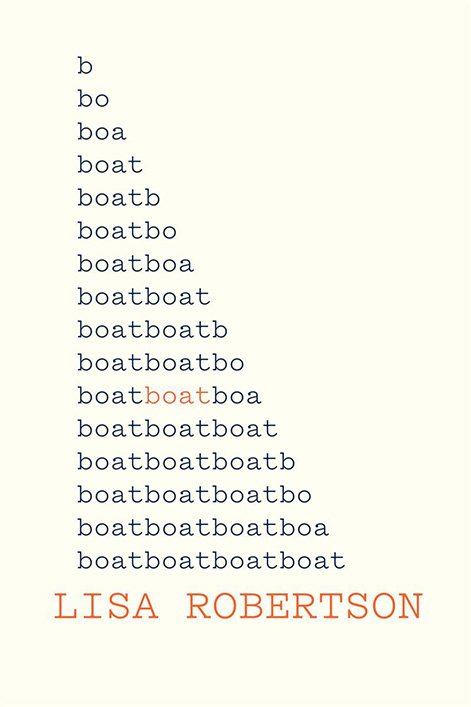
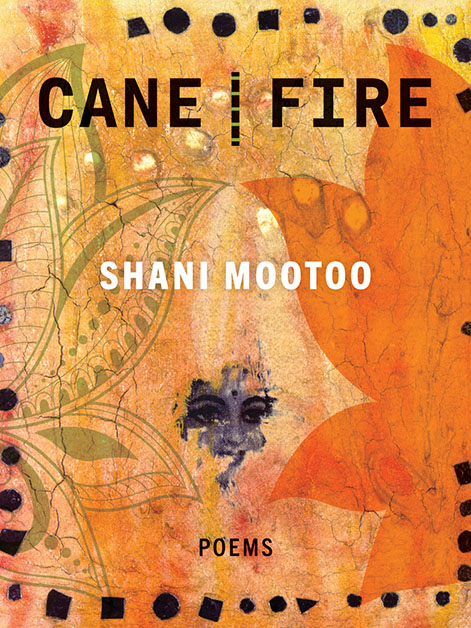
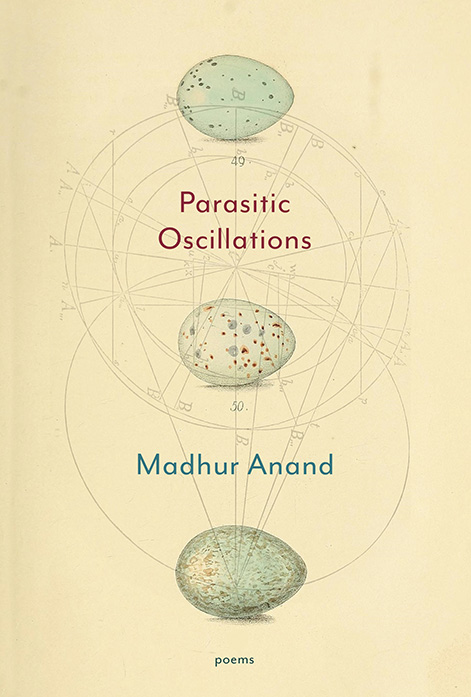
Boat, Lisa Robertson (Coach House, May)
This is thee third installment in an expanding project, begun in 2004, based on what the experimental poet calls “indexical readings” of her daily notebooks. Drawn from a combination of old and new sample of the latter, two new sections, “The Hut” and “The Tiny Notebooks of Night,” showcase the Baudelaire Fractal author’s trademark lyric inscrutability.
Cane/Fire, Shani Mootoo (Book*hug Press, March)
Best known most recently as a novelist, Mootoo returns to poetry after a long absence with a deeply personal collection that features her own artwork as it follows her life’s trajectory from Ireland to Trinidad to Canada.
Parasitic Oscillations, Madhur Anand (McClelland & Stewart, March)
Art, science and grief commingle in the ecology professor’s second poetry collection (and first book since her Governor General’s Award-winning memoir, This Red Line Goes Straight to Your Heart). An interrogation of A. O. Hume’s 1889 book The Nests and Eggs of Indian Birds includes paintings and photographs of birds with QR codes linked to their songs.
NON-FICTION
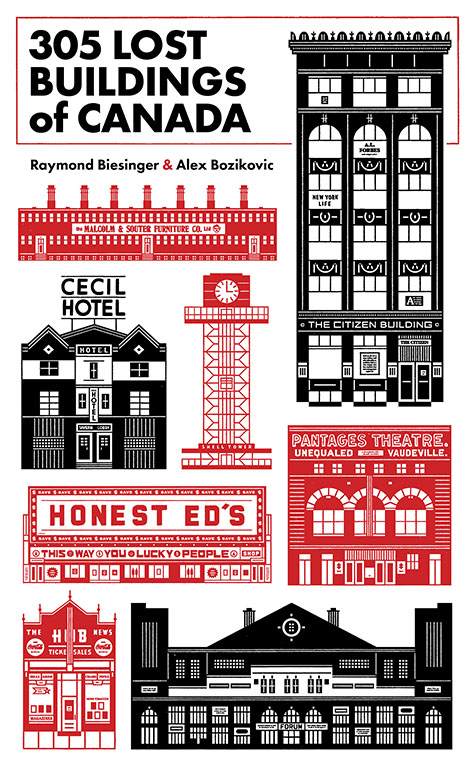
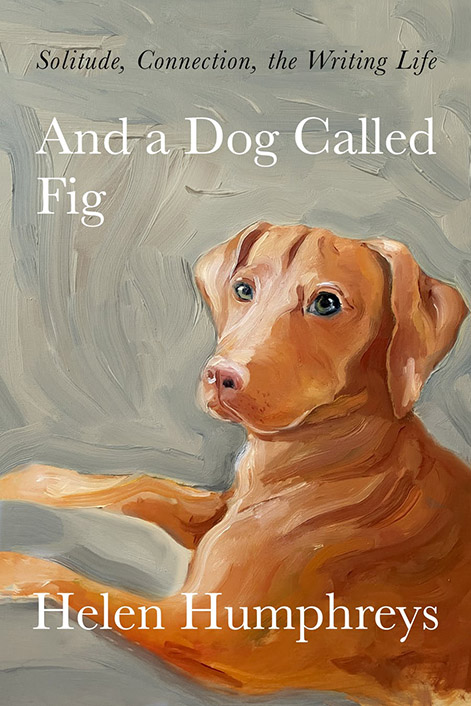
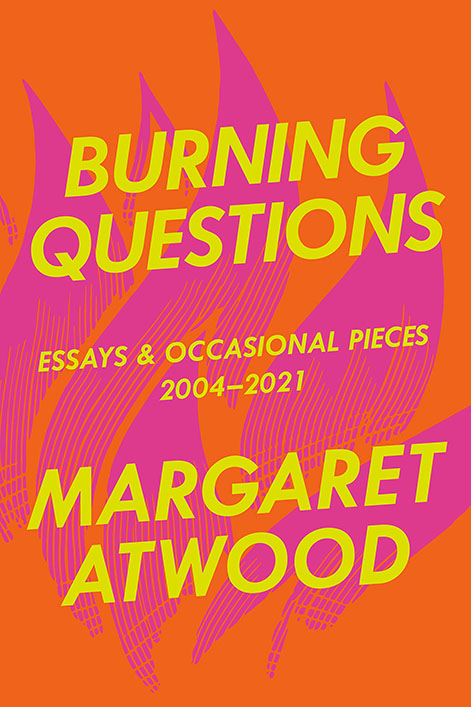


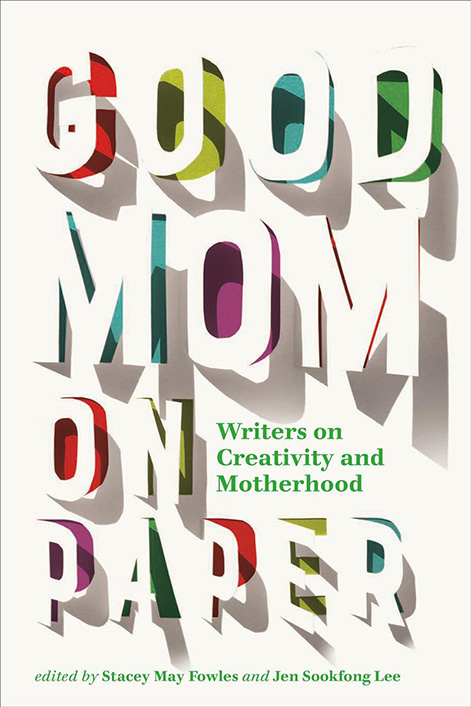
305 Lost Buildings of Canada, Raymond Biesinger and Alex Bozikovic (Goose Lane, March)
A book dedicated to buildings already gone is bound to have a wistfulness to it, especially given that so many, like Newfoundland Hotel of St. John’s or Victoria’s Bank of British North America, are currently parking lots. (Biesinger’s simple but evocative black-and-white illustrations add to the sepulchral mood.) And yet there’s life here, too, specifically in the stories the Globe’s architecture critic has dug up about each and every pile, whether beloved in its day or not.
And a Dog called Fig: Solitude, Connection, the Writing Life, Helen Humphreys (HarperCollins, March)
Though dogs had been part of Humphreys’s life since she was born, starting with a 150-pound St. Bernard named Lisa, she’d never considered their connection to her creative output as a novelist and poet. Now on her third vizsla – the titular Fig – she does just that while throwing in some famous canine-writer partnerships for good measure.
Burning Questions: Essays and Occasional Pieces, 2004-2021, Margaret Atwood (McClelland & Stewart, March)
Atwood’s third essay collection, which she divides into five “turning points,” addresses, as promised, a number of burning questions related to subjects like the environment, wealth inequality, democracy and MeToo (notably, in her 2018 essay “Am I a Bad Feminist?”). Further from the flames, it also reminds us that she’s a generous and astute assessor of her literary peers, as pieces about Alice Munro (two!), Doris Lessing, Marie-Claire Blais, and Barry Lopez attest.
Margaret Atwood isn’t slowing down, and she’s ready to open up
Context and Content: The Memoir of a Fortunate Architect, A. J. Diamond (Dundurn, May)
Diamond was nine when he built his first house out of sticks and a discarded wooden pallet he found on his family’s banana plantation in South Africa, and he calls the sense of coherence it gave him “transcendent.” In a highly personal memoir, Diamond outlines his journey to founder of one of Canada’s most celebrated architectural firms, Diamond Schmitt, responsible for buildings ranging from Toronto’s Four Seasons Centre for the Performing Arts to Montreal’s Maison symphonique to Jerusalem’s new City Hall.
Generation Dread: Finding Purpose in an Age of Climate Crisis, Britt Wray (Knopf, May)
Chapter titles such as “the Power of Denial,” “Balancing Hope and Fear,” or “The Psychoterratic State” suggest your typical self-help tome. But Wray’s area of expertise, explored in TED Talks and in her popular newsletter, is more specific; namely, the existential anxiety a looming environmental catastrophe has induced in us. Wray, naturally, has some suggestions for how we can cope.
Good Mom on Paper: Writers on Creativity and Motherhood, Stacey May Fowles and Jen Sookfong Lee, Eds. (Book*hug, May)
“This is not a book about ‘having it all’ or being a ‘mom boss,’” editors Stacey May Fowles and Jen Sookfong Lee reassure us in the intro to this wide-ranging collection of essays on the specific challenges motherhood poses to members of the creative class. (Thank god for that.) A long and diverse list of contributors includes the late Lee Maracle, Alison Pick, Rachel Giese, Meaghan Strimas and Jael Richardson
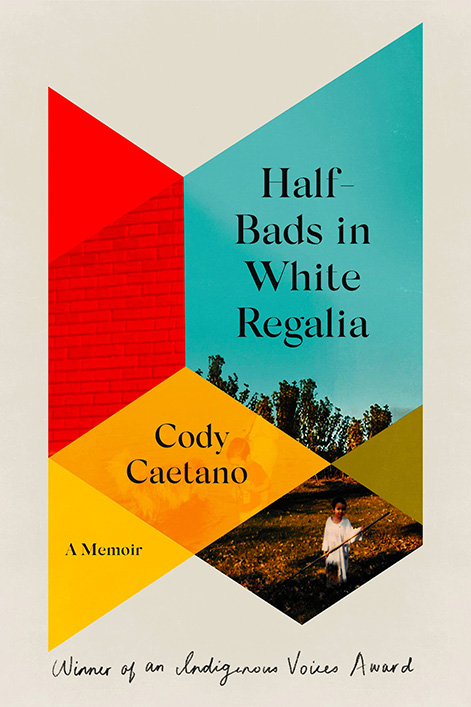
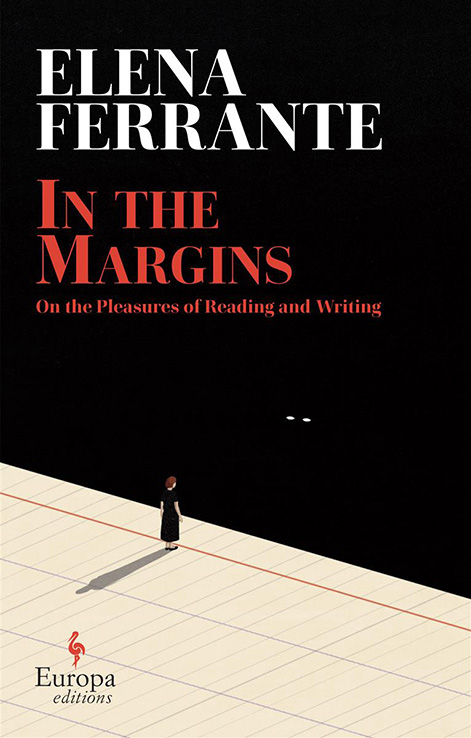
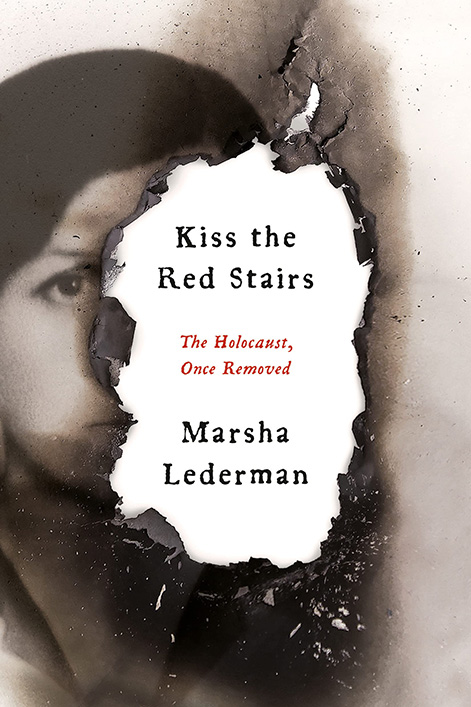
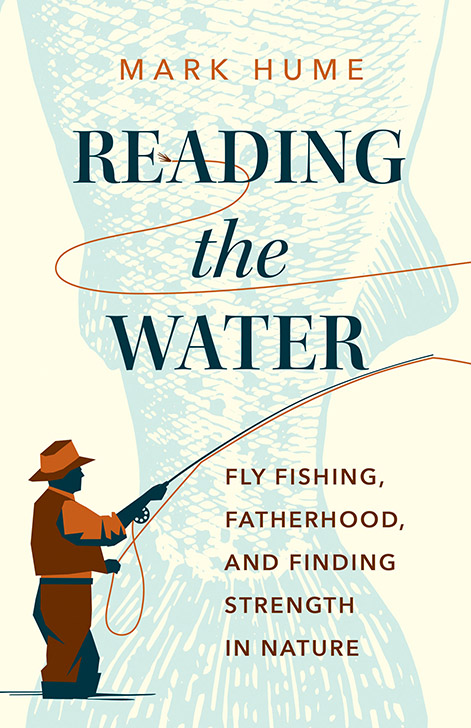
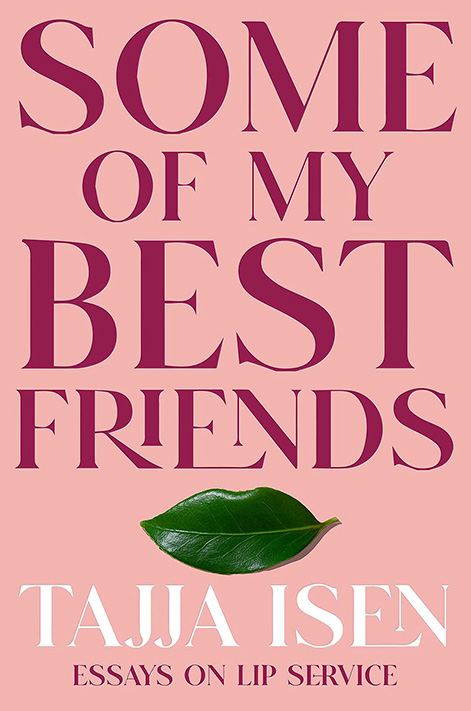
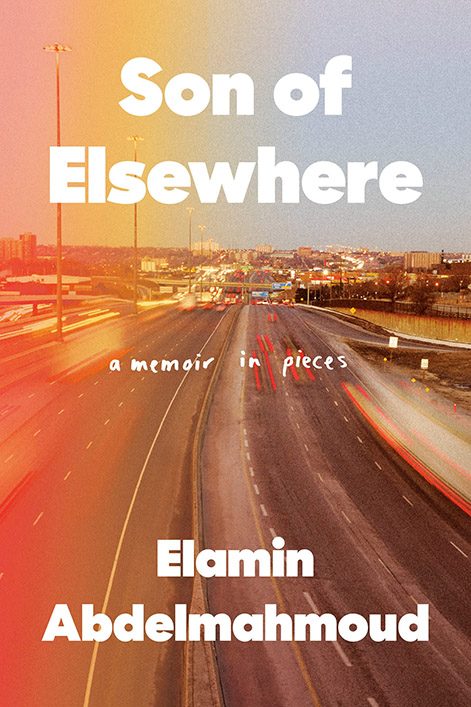
Half-Bads in White Regalia: A Memoir, Cody Caetano (Hamish Hamilton, May)
The writing in this memoir by the 26-year-old Portuguese-Anishinaabe winner of the 2020 Indigenous Voices Award for Unpublished Prose, who was mentored by the late Lee Maracle, sparkles with urgency and originality as Caetano describes his and his siblings’ largely unsupervised childhood in a decrepit house ironically called “Happyland” (aka Severn, Ont.).
In the Margins: On the Pleasures of Reading and Writing, Elena Ferrante (Europa, March)
In the fall of 2020, Ferrante was scheduled to deliver three lectures over three successive days in Bologna, Italy on the subject of the writer’s craft, aimed at a non-specialist audience. I think you can guess what happened to that plan. This slim volume contains the text of those talks, which were eventually delivered by an actress, in the guise of Ferrante, last November.
Kiss the Red Stairs: The Holocaust, Once Removed, Marsha Lederman (McClelland & Stewart, April)
When Lederman was five she asked her mother, an Auschwitz survivor from Poland, about her lack of grandparents and received a crash lesson in the Holocaust. Years later, the Globe’s Western arts correspondent, spurred by personal grief and the pain of a recent divorce, found herself going down the rabbit hole of epigenetics and intergenerational trauma, a process she lays out in this ultimately uplifting memoir.
Reading the Water: Fly Fishing, Fatherhood, and Finding Strength in Nature, Mark Hume (Greystone, May)
Hume certainly isn’t the first to write about the transformative effects of fly fishing, the pursuit having received what outsiders might feel is ample attention in books and film. But where the latter tend to have a distinctly male vibe, Hume’s focus, refreshingly, is on how he brought his daughters to the sport, and the effect this newly shared passion has had on their relationship.
Some of My Best Friends: Essays on Lip Service, Tajja Isen (Doubleday, April)
In this crackerjack collection of essays in the vein of Jia Tolentino, the Catapult editor explains why the corporate diversity and “anti-racism” initiatives of recent years too often amount to “progressive language thinly pasted over capitalism and white supremacy.” Case in point are Isen’s eye-opening experiences working as biracial voice actor during animation’s so-called “authenticity boom.”
Son of Elsewhere: A Memoir in Pieces, Elamin Abdelmahmoud (McClelland & Stewart, May)
This thoughtful autobiography peppered with history and colonial critique begins with the CBC host’s shock arrival, at age 12, in lilywhite Kingston from Sudan at the turn of the millennium. In Khartoum, Abdelmahmoud had identified as Arab. In Canada, where he became “Stan,” he was deemed Black and, as per the tenor of the times, expected to like hip-hop (he preferred the Stones).
Three Canadian authors on what Black joy means to them
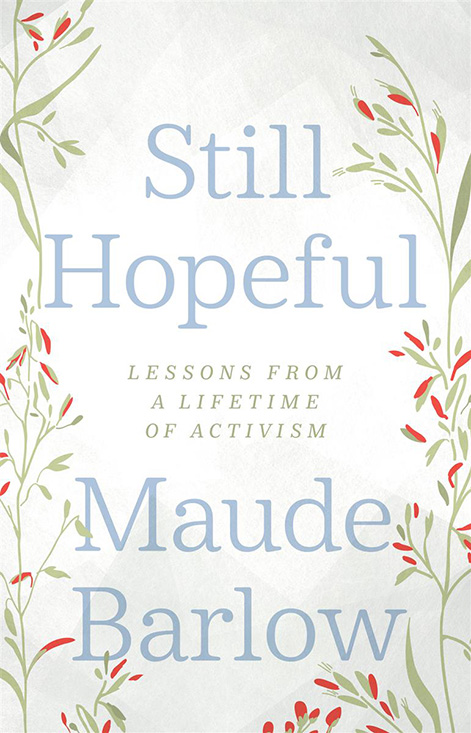
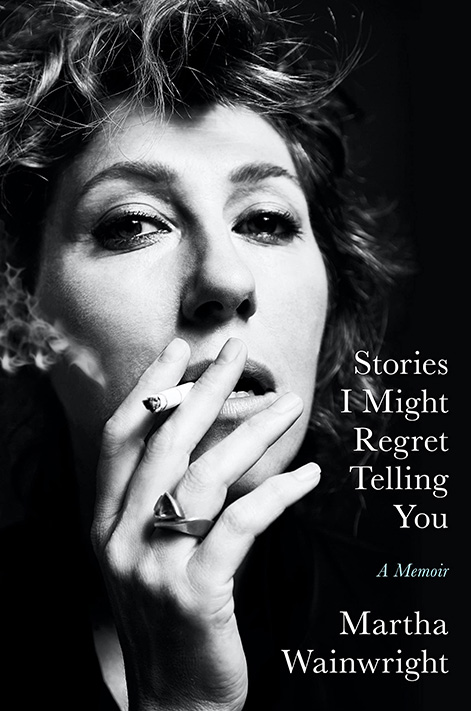
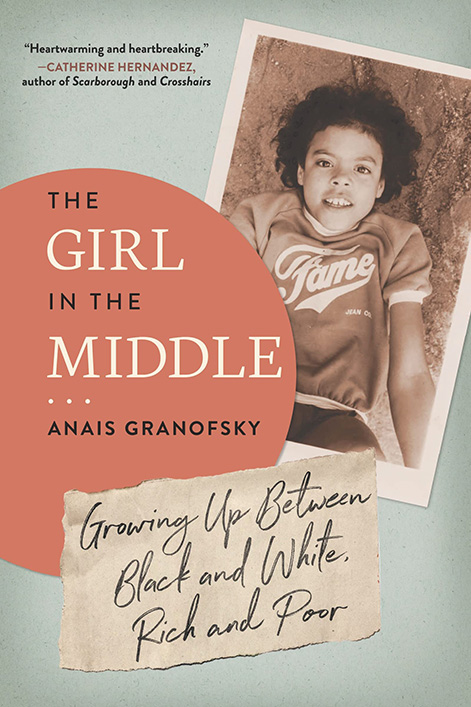
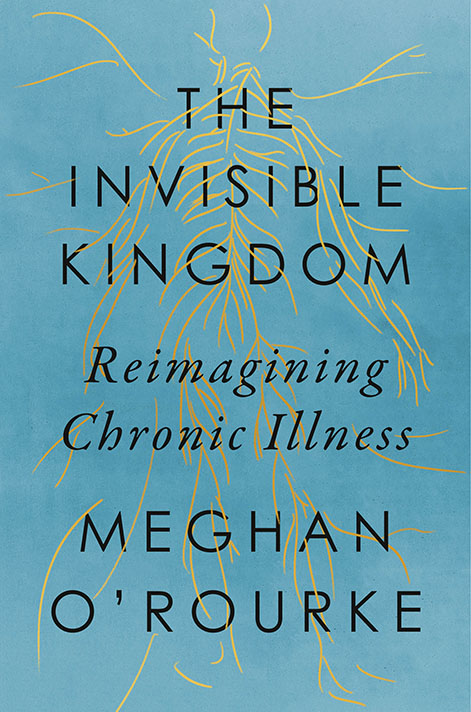
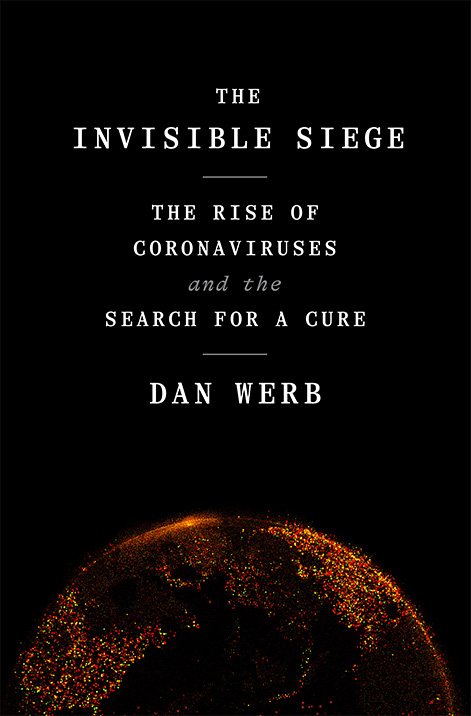
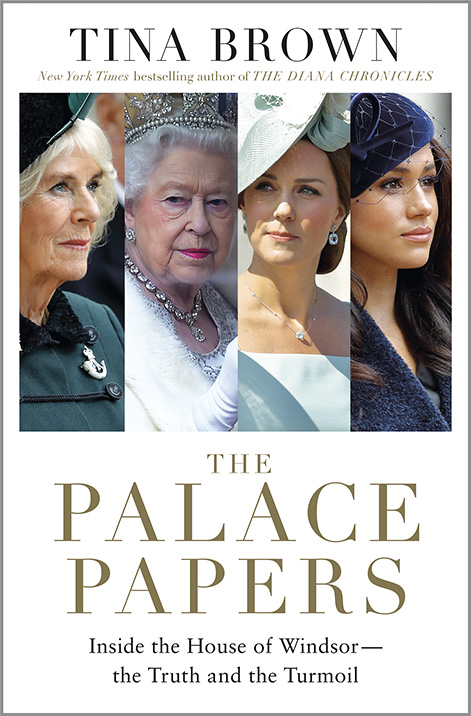
Still Hopeful: Lessons from a Lifetime of Activism, Maude Barlow (ECW, March)
The social- and environmental-justice campaigner reflects on a lifetime of activism and explains why – despite endless apocalyptic talk about civilizational collapse – hope, and fighting the good fight, remain a “moral imperative.”
Stories I Might Regret Telling You, Martha Wainwright (Random House, March)
Wainwright’s memoir lives up to its title right in the opening lines, which account for her very existence via her mother Kate McGarrigle’s eleventh-hour cancelling of the abortion she’d scheduled following an ultimatum delivered by her husband – Martha’s father – Loudon Wainwright III. Let’s just say things go, unboringly, from there.
The Girl in the Middle: Growing Up Between Black and White, Rich and Poor, Anais Granofsky (HarperOne, April)
Children of divorce often feel torn between worlds, but in the case of the Degrassi Junior High star – whose father was Canadian, Jewish and wealthy, her mother African American and poor – those worlds were a solar system apart. Visits to her maternal grandmother’s colonial-style mansion in Toronto’s tony north, replete with tennis courts and swimming pool, ended, Cinderalla-like, with a return to the filthy Parkdale flophouse where she and her mum shared a mattress on the floor. In this memoir, she explains the stressful code-switching those adaptations required.
The Invisible Kingdom: Reimagining Chronic Illness, Meghan O’Rourke (Riverhead, March)
Chronic illness can make its sufferers feel as if they’re members in a club they never asked to join. O’Rourke, poet and Yale Review editor, is one such member, having spent much of her thirties battling a mystery autoimmune illness. Here she uses a combination of memoir, science and sleuthing in a book her publisher hails as “a landmark exploration of one of the most consequential and mysterious issues of our time.”
The Invisible Siege: The Rise of Coronaviruses and the Search for a Cure, Dan Werb (Crown, March)
Though much was made of its “novel” status in the early days following its identification, SARS-CoV-2 was merely, as Werb points out, the newest member of “an ancient and storied family” known as the Coronaviridae. In this highly readable account, the epidemiologist gives due to those who toiled in obscurity to avert future pandemics only to run into frustrating political roadblocks.
The Palace Papers: Inside the House of Windsor – the Truth and the Turmoil, Tina Brown (Doubleday, April)
Continuing what she began in The Diana Chronicles, Brown beckons us with an inside-the-turrets view of machinations royal in the era of Kate, Meghan and Camilla. How dirty the dirt will get, however, can only be guessed at – the book is heavily embargoed – but it seems fair to assume that, regardless of what she digs up, Brown’s snarky wit will be on full, crown-jewel-like display.’
Who by Fire: War, Atonement, and the Resurrection of Leonard Cohen, Matti Friedman (McClelland & Stewart, March)
The Canadian-Israeli New York Times op-ed writer chronicles Cohen’s mysterious 1973 “tour” of Israel during the Yom Kippur War, when he was 39 and in the throes of a personal and creative crisis. Cohen, who played for and lived among soldiers, later put some of his impressions into a previously unpublished 45-page account, large parts of which Friedman reproduces here.
Expand your mind and build your reading list with the Books newsletter. Sign up today.
